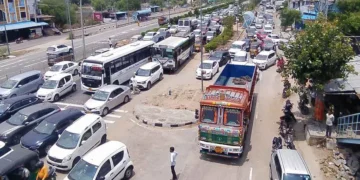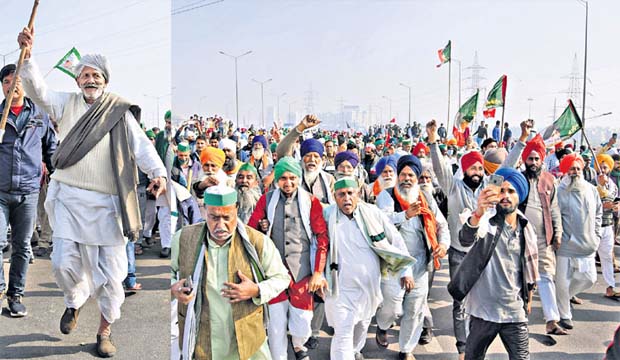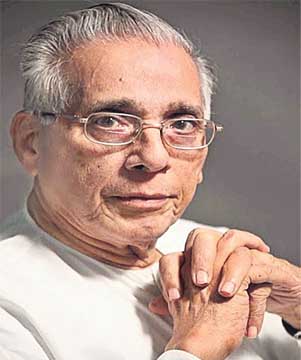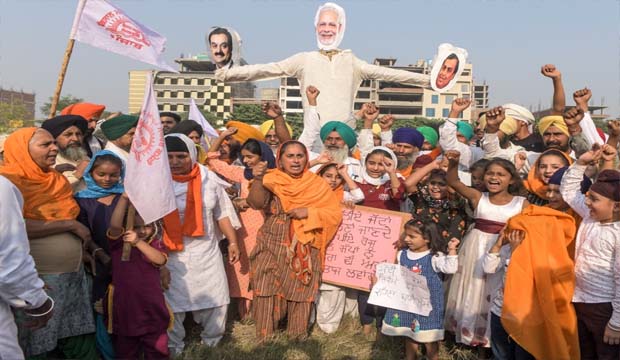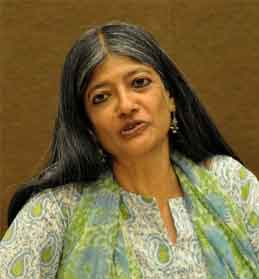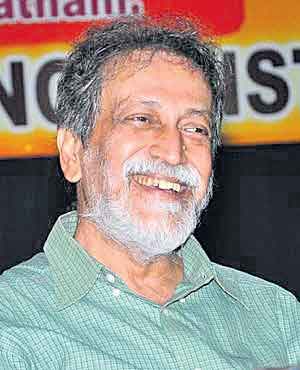
The two agitations which have made a mark in the past year have been led by citizens. The Opposition remains absent and redundant
Irrespective of where you stand on the new farms laws when seen through the prism of economic policy, and despite the few fumbles and missteps of the agitation, there is no denying the fact that the farmers’ protests have held their nerve to become the most sustained civil society protest against the government, since the street agitation against the Citizenship (Amendment) Act.
It also brings home an intriguing reality check on the state of India’s democracy. On the plus side, it shows us that if enough people want to do so, dissent will still find a way of forcing checks and balances on the system. On the downside, it brings home a new reality of Indian politics — the country’s missing Opposition. It is quite evident now that until such time as a new national alternative — whether personality, party or ideology-based — is able to develop, the tempering and moderation of the government’s enormous political clout will come from the people.
In 2019, before the elections, I recall Arvind Kejriwal saying to me in an interview,
“People will defeat the Bharatiya Janata Party (BJP), no politicians would be needed.” As it turned out, the people, as defined by our first-past-the-post system, endorsed the prime minister, instead of “defeating” him. But Kejriwal’s formulation had an unwitting kernel of truth in it. I am not sure he meant it that way, but the BJP’s political dominance and ability to keep winning elections has nudged India in the direction of a one-party democracy. And the interrogation of power that any healthy democracy requires, is no longer by India’s institutions, but by its citizenry.
Sure, the Opposition makes some sporadic and rhetorical noise on the floor of Parliament. And, on occasion, it leads marches and submits petitions to Governors or to the President. But here is the inconvenient truth it may not want to hear.
When was the last time a major Opposition leader showed even a committed fortnight of energy on an issue, as the farmers have done? Most interventions, when they do take place, are one-day long and photo-op driven. This is not to say that imagery and symbolism do not have their own value in mainstream politics. But think of, let’s say, the Hathras gang-rape. After the much-vaunted pictures of the Gandhi family with the young Dalit victim’s family, where was the sustained focus on the cause by them? Or let’s take what happened with migrant workers this year. If Rahul Gandhi had spent his time walking consistently with the men, women and children who fled the cities for the villages instead of doing zoom interviews with global economists, might he not have been viewed differently, even by his political opponents? The farmers’ protest has signalled more committed and consistent focus than any campaign run by the Opposition.
The truth is India’s Opposition is made of part-time politicians, especially on the national stage. In states, there have been some politicians who have shown the rigour and discipline for full-time politics, but ironically, after they win, if they do, they seem to cut a tactical deal with the Centre, overtly, covertly, said or unsaid. Within this framework, they trade being the lords and ladies of their fiefdoms with supporting the government when operating outside the parameters of their states. Whether it’s Delhi, Andhra Pradesh, Telangana or Odisha, we have seen similar patterns — hostile local politics transform into conciliation of some kind after the state elections.
It is, of course, also true that movements that are seen to be run by people instead of politicians do trigger more popular support. The farmers’ movement carries the moral advantage of not having party politicians on its stage.
But it is still instructive that in the last year since the Modi government took office, there have been only two moments when it has been willing to engage in a dialogue or pause a decision taken by the administration. The first was when students across India created enough of a forced pressure, even within BJP-voting households, for the BJP to do a go-slow on the National Register of Citizens (NRC). And now, when the agitation powered by the gumption of Sikhs from Punjab has at least resulted in several rounds of talks between ministers and protesters.
In both these instances, the anger on the street was able to engage — either intellectually or emotionally — even those who are Modi supporters. Even when they were not sure where they stood on the actual legislations, there was enough authenticity in the protests for BJP voters to want the government to show empathy and engagement.
For the government, the farmers protest is a lesson that no matter how powerful you may be, the voice of the people still gets in through the cracks.
For the Opposition, there are reminders here, of its own growing redundancy.
Courtesy Hindustan times


